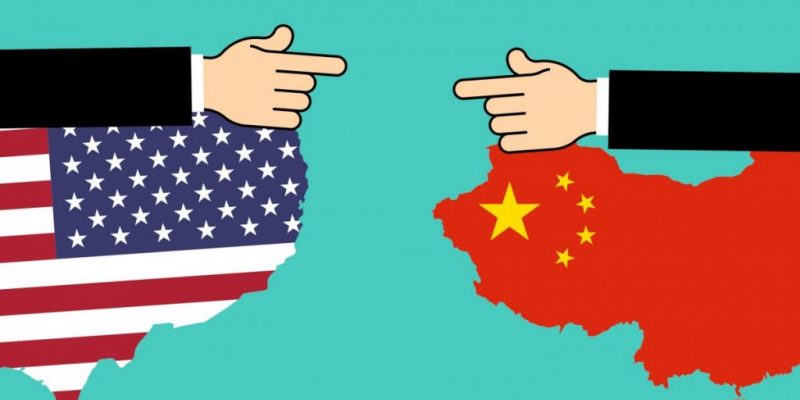When President Trump launched his economically illiterate trade war on China, his stated goal was to protect American intellectual property and to buffer American workers against labor competition and Chinese industry subsidies he claimed were the cause of domestic manufacturing decline.
But “protection from competition” is a euphemism for propping up inefficiencies. And if a few American workers benefit (the highly visible beneficiaries include steel and aluminium companies who can charge higher prices and pay workers more) it is at the cost of small but much-less visible victims who bear the unnecessary costs of Trump’s tariffs as taxes.
Every American household is paying an additional $1000 for consumer goods each year, according to the New York Fed. Every washing machine, t-shirt, diaper, and cell phone charger contains materials for which US purchasers are now paying 25% extra (up another 15% from last years’ 10% tariff). It’s more difficult to account for the goods consumers didn’t purchase, or the value lost when they settled for lower-quality goods. Target and Wal-Mart shoppers may not march on Washington because their already tight budgets are being stretched to the breaking point; the invisible victims bear the distributed costs in relative obscurity, which is just how politicos prefer it.
A liberty-loving Georgian sent us a note this week explaining the impact of tariffs on the small business he works for:
“My firm invested big in Asian markets – shipping routes to get our products there and local partners to get them to market. Our investment will have a smaller return, it will take longer to recoup costs, because there’s this artificial, inflated cost of doing business. My firm is about to have their best year in a decade, but we are now having to roll back expectations. Employee bonuses (calculated as a share of profits) will be a fraction of previous years and ultimately our employees, customers, and shareholders will take the hit.”
Tariffs have benefits for a few, though – a CNBC analysis found that tariffs had raised $72 Billion in tax revenues for the federal government – more than any tax increase since the early 1990s. While Trump’s tax cuts got all the fanfare, he’s been quietly raising taxes on those who can least afford it.
Tariffs on imports are a domestic consumption tax by another name. Other governments, or overseas companies, don’t pay the tariffs. American importers pay, then pass costs on to American consumers, or reduce employee compensation, or produce fewer goods, or trim stockholder returns, or some combination of those.
President Trump’s goal may have been to “make China pay,” but he only made Americans poorer.

